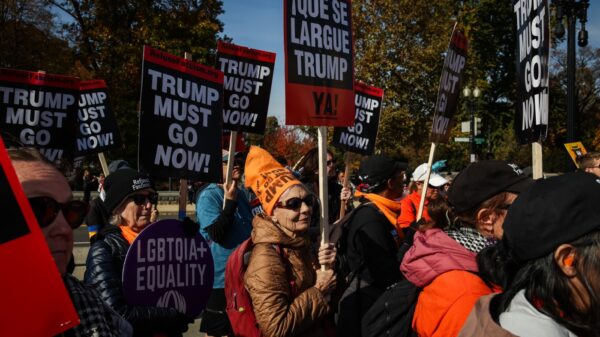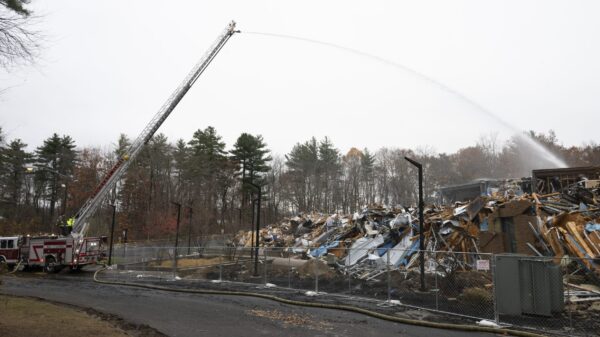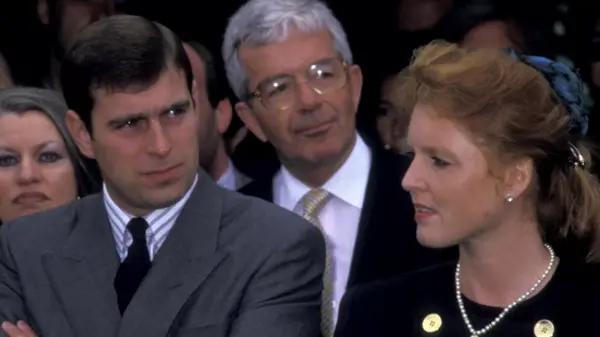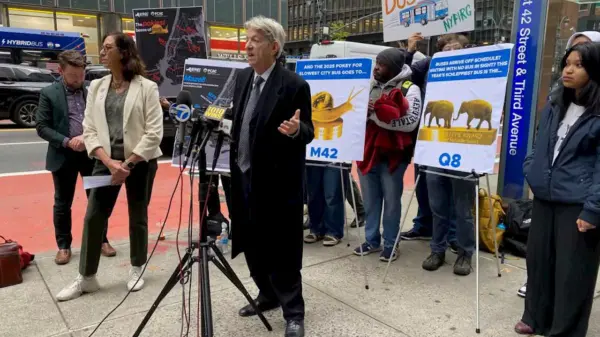The use of harsh political rhetoric, particularly accusations of fascism and authoritarianism, has a long-standing tradition in American electoral politics. Candidates have employed these tactics to attack opponents for centuries, reflecting a strategy that prioritizes winning votes over historical accuracy.
Historical Context of Political Accusations
In the election of 1800, supporters of Thomas Jefferson labeled President John Adams a “tyrant” and “monarchist,” criticizing his enforcement of the Alien and Sedition Acts. Adams’s camp countered by portraying Jefferson as an anarchist intent on dismantling the Republic. This early instance of charged rhetoric set the stage for future elections, where similar terms would resurface.
By 1864, as the nation grappled with the Civil War, Democrats labeled President Abraham Lincoln a “despot” for his decision to suspend habeas corpus. This characterization reflected the intense political divisions of the time, exemplifying how language can be weaponized in the pursuit of political goals.
The trend continued into the 20th century. In the 1930s and 1940s, critics of Franklin Roosevelt’s New Deal described it as “a march toward fascism,” while his controversial court-packing plan faced similar accusations. The 1964 election saw Lyndon Johnson’s campaign branding Barry Goldwater an extremist, with warnings that he posed a threat to democracy itself.
Modern Political Rhetoric and Its Implications
The 21st century has seen similar patterns, as political opponents have resorted to extreme labels to galvanize their bases. Protests against President George W. Bush during the Iraq War included comparisons to Adolf Hitler, highlighting the severity of the rhetoric in that era. Barack Obama faced accusations of being both a “socialist” and “fascist” from critics within the Tea Party movement, illustrating how the language of accusation can be fluid and often contradictory.
Most recently, opponents of former President Donald Trump have labeled him “authoritarian” and “fascist,” making such terms central to their campaign strategies. This escalation of language serves not only to criticize specific policies or actions but also to evoke emotional responses that resonate with voters.
The consistent use of these extreme labels raises important questions about the nature of political discourse in America. While the term “fascist” retains its historical significance, its frequent application in political contexts often reflects a desire to gain traction in a competitive electoral landscape rather than a precise understanding of its implications.
As political figures continue to leverage intense rhetoric, the protections afforded by the First Amendment become increasingly relevant. The Amendment safeguards even the most contentious political speech, underscoring the belief that robust debate, regardless of its harshness, is integral to a functioning democracy.
In this landscape, understanding the historical context of political accusations can help voters navigate the complex interplay between rhetoric and reality. The evolution of political language serves as both a reflection of and a catalyst for the contentious nature of American democracy, reminding us that the battle for votes often leads to the sharpest of verbal exchanges.






































































